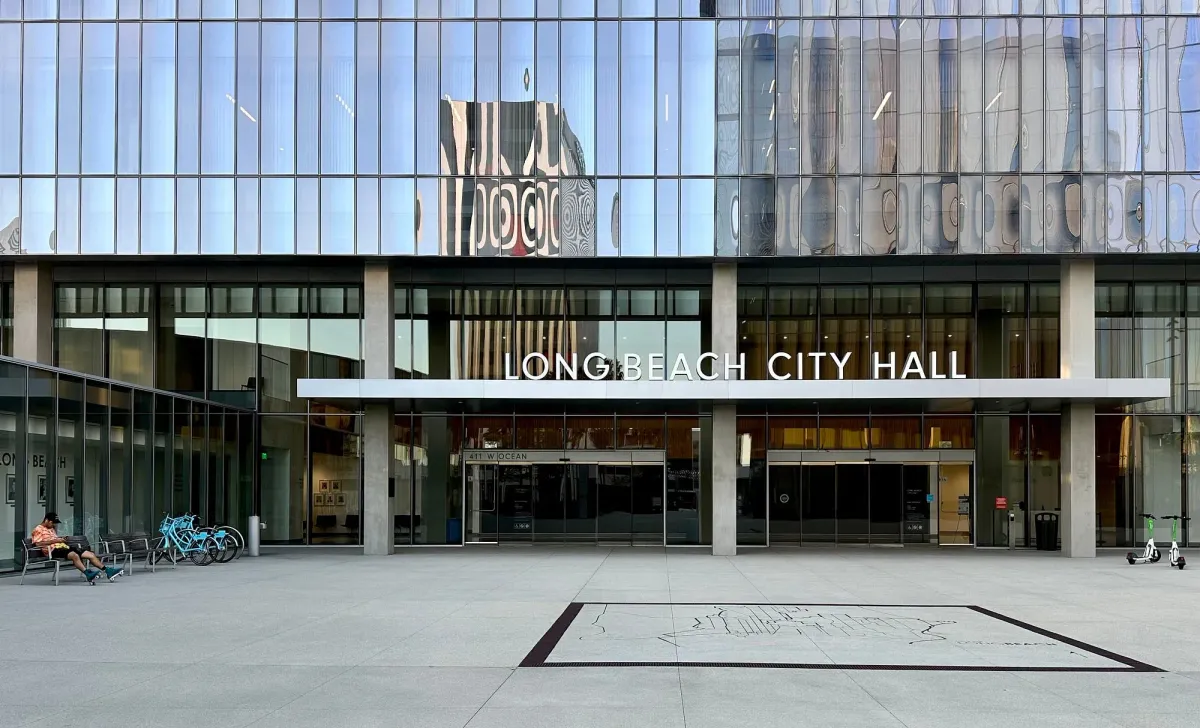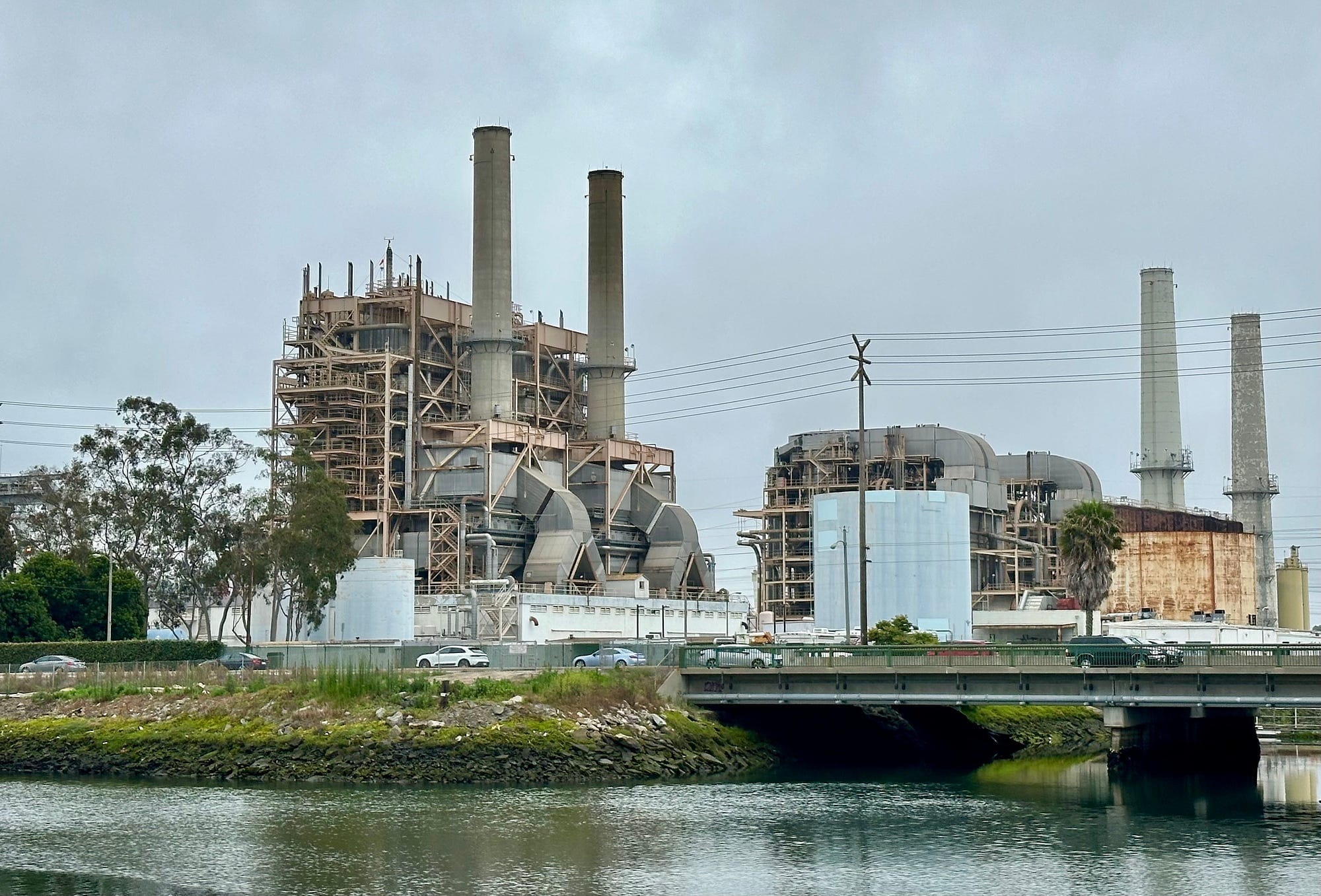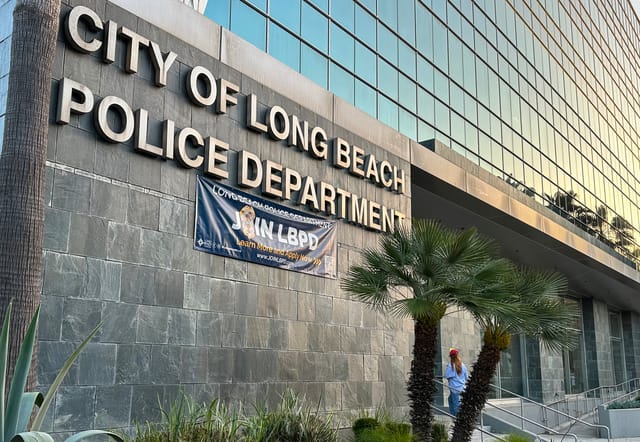Proposed changes to city's hiring process, power plant tax could head to November ballot
Long Beach officials say changes to the hiring process could help fill vacancies that have stagnated at about 20% in recent years.

When Long Beach voters go to the polls this November to cast their vote for President of the United States they’ll also be asked to decide on local matters that could change the way that the city hires employees and how power plants in the city are taxed.
Long Beach officials have publicly lobbied for months for a change to the city’s hiring process, which they say can take several months to fill vacant positions and has contributed to about one of every five city jobs being unfilled.
On Tuesday, the City Council could vote to place a charter amendment on the ballot that would combine the city’s Civil Service Department with its Human Resources Department, a move that officials claim will reduce redundancies and potentially speed up hiring.
Opponents of the measure say that doing away with the current system could open up the city’s hiring process to a spoils system, something that the Civil Service process was intended to prevent. But city officials insist that employee protections and the integrity of the hiring process will be upheld if approved by voters in November.
The proposed charter amendment also includes new preferences that would give residents, graduates of area universities and part-time city employees a leg up in future hiring processes by adding additional points to their qualifying scores. Long Beach currently gives preference points to veterans.
The second question that voters could be asked to decide is whether two power plant operators in the city should see their decades-long exemption from paying the city’s utilities users tax repealed.
Two plants located in Southeast Long Beach near the Los Cerritos Wetlands have used city gas pipelines to produce electricity for customers outside the city for decades without paying the tax.

Rescinding the exemption could generate about $15 million annually for the city, which is looking at a projected budget deficit of over $61 million over the next five years, according to the city.
Eliminating the exemption is only expected to affect the two power plants.
Earlier this year, the city polled residents on a handful of potential new taxes that the council could possibly put on the ballot in November to help alleviate the anticipated loss of oil revenue in the coming years.
Things like doubling the city’s business license fee and raising the fee the city charges to Southern California Edison for the right to provide electricity to the city’s residents were two of the potential taxes that polled lowest among potential voters.
A third measure could have increased the fee property owners pay to the city when they sell a property. The proposed increases were projected to raise between $12 million and $16 million annually for the city but the issue saw its support decline in a recent round of polling the city conducted.
While the power plant exemption is not projected to affect Long Beach residents directly, a countywide ballot measure could see the city’s sales tax rate become the highest in the state. Voters will be asked to repeal and replace the quarter-cent Measure H tax that has helped fund homelessness initiatives over the past decade.
In its place would be a new half-cent tax that would be split between funding homeless programs and affordable housing solutions in the county. The two city ballot measures as well as the Measure H replacement tax would require just over 50% of the vote to win.
The City Council is scheduled to meet Aug. 6 at 3 p.m.

We need your support.
Subcribe to the Watchdog today.
The Long Beach Watchdog is owned by journalists, and paid for by readers like you. If independent, local reporting like the story you just read is important to you, support our work by becoming a subscriber.





